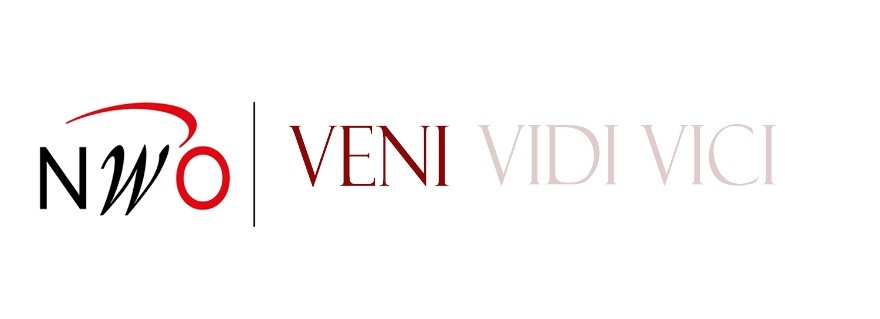Seven Veni’s for TU Delft researchers
NWO has announced the Veni recipients for 2018. Amongst them are seven scientists from Delft University of Technology. The Veni grants allow researchers who have recently obtained their PhD to conduct independent research and develop their ideas for a period of three years. The seven recipients and their reseach topics are:
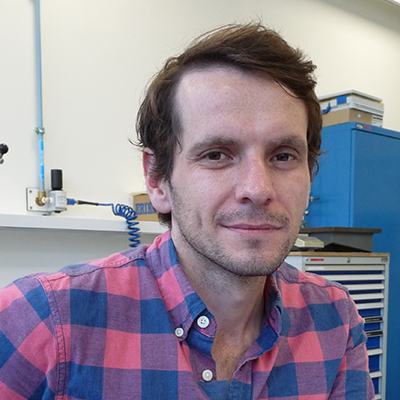
ACMI: A new tool to investigate the complexities of the human body
Jeremy Brown (faculty of AS)
Medical imaging is a crucial tool in our endeavour to understand, prevent and combat disease. This research will yield a new radio-molecular imaging technique that can measure more than three biological processes simultaneously, sensitively and specifically. This will help doctors to develop better treatments for aggressive diseases such as cancer.
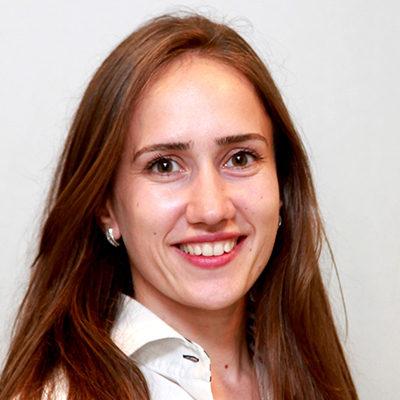
Interfaces in innovative hybrid concrete systems for future structures
Mladena Luković (CEG)
Concrete structures do not meet societal demands: fast construction, low maintenance and sustainability. Innovative systems are needed. Hybrid structures, combining innovative and conventional concretes are the future. Interfaces govern their quality. This research concerns fundamentals on concrete interfaces, with impact for existing hybrid systems, strengthening and repair.
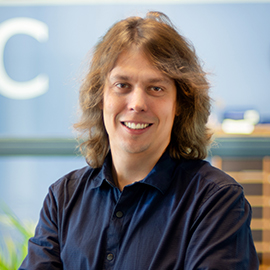
Super-resolution microscopy in live tissue
Carlas Smith (3mE/TNW)
A considerable amount of knowledge is missing to effectively prevent, diagnose and treat diseases, due to lack of suitable techniques for super-resolution live-tissue imaging. The researcher will synergistically combine optics and information aspects to maximize recorded information content of a microscope. The technology targets imaging with nanometer-resolution in live-thick tissue.
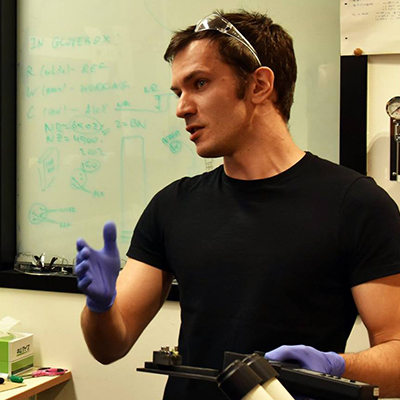
Molecular sensors for studying soft material
Georgy Filonenko (AS)
The robustness of soft materials depends on how their components move around and interact with each other. The researcher will develop new molecular sensors to visualize such motions and interactions to guide rational soft matter design.
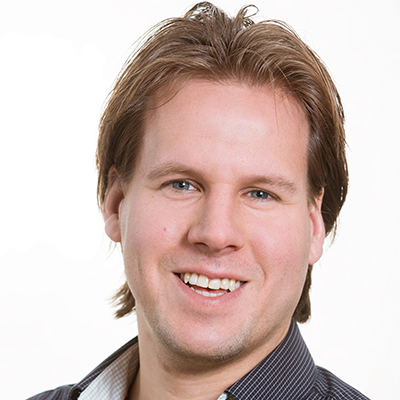
Verified programming language interaction
Robbert Krebbers (EEMCS)
Software systems consist of many components written in different programming languages. The correctness of a software system relies on correct interaction between its components. This project will develop mathematical methods for verifying the correctness of interaction between software components.
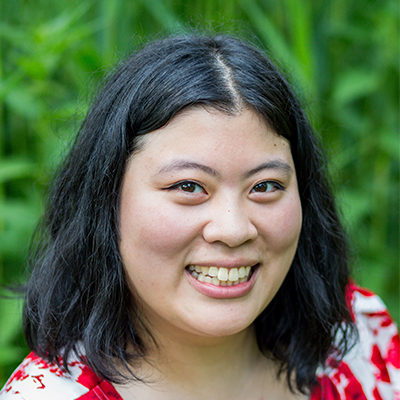
Recommendations for broadening perspectives
Cynthia Liem (EEMCS)
Recommender systems have become necessary to help users navigate large digital collections. However, present-day recommendation algorithms focus on mimicking and replicating past successes, causing undesired perspective-narrowing. Therefore, in this project, novel, alternative recommendation algorithms will be researched that filter information like curators, stimulating gradual, increasing perspective-broadening in the collections.
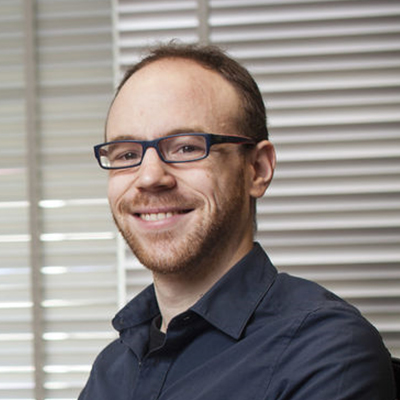
Algorithm development for next generation radiotherapy: error mitigation in proton and X-ray treatment of cancer
Zoltán Perkó (AS)
To provide cutting-edge care for cancer patients, proton therapy is becoming available worldwide. Protons precisely target tumours, but imprecisions – like day-to-day anatomical variations - can degrade their effectiveness. Aspiring for maximal radiotherapy treatment success, this research focuses on computer algorithms to minimize the effects of such unavoidable uncertainties
